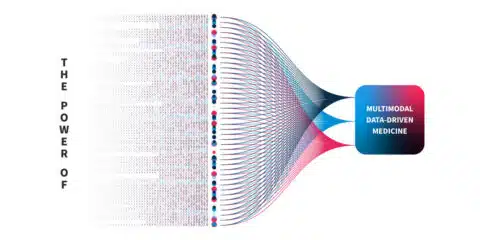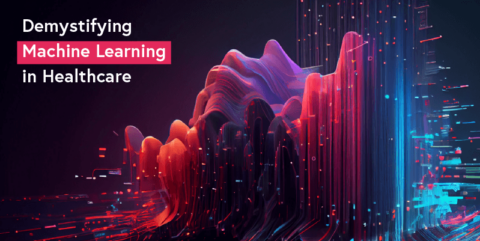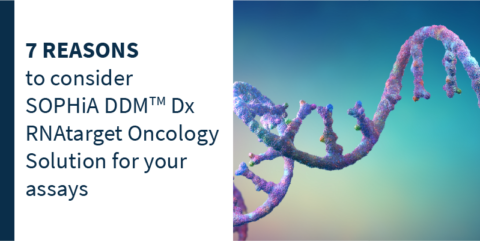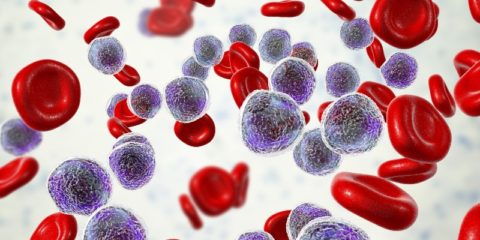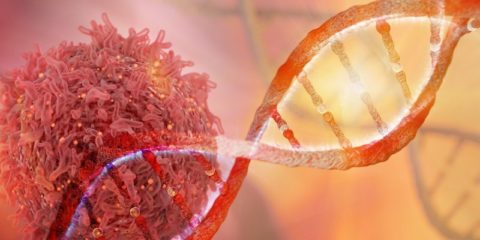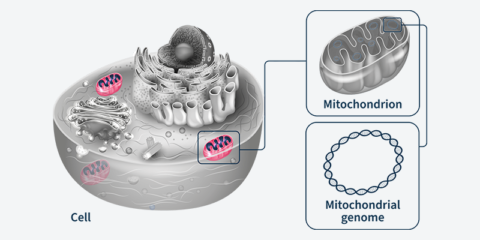Capturing the complexity of human health and disease through machine learning analysis of multimodal data has the potential to drive the future of healthcare.
Tech Blog
Demystifying machine learning in healthcare: a layman’s guide to understanding the technology
This guide deciphers the jargon associated with machine learning in healthcare and explains why artificial intelligence is invaluable to revolutionize the capabilities of HCPs in improving patient care.
A beginner’s guide to mutation nomenclature using the HGVS recommendations
Understand the HGVS recommendations with this sequence variant nomenclature guide that includes visual examples.
Considerations for whole exome sequencing
Whole exome sequencing can present a goldilocks option between targeted gene panels and whole genome sequencing. Dive into some of the considerations for adopting whole exome sequencing in your institution.
Seven reasons to choose SOPHiA DDM™ Dx RNAtarget Oncology Solution for gene fusion detection
Cancer management outcomes can strongly benefit from robust and accurate detection of gene fusions. SOPHiA GENETICS developed the SOPHiA DDM™ Dx RNAtarget Oncology Solution to make this possible.
We list 7 reasons to consider SOPHiA DDM™ Dx RNAtarget Oncology Solution for your assays.
Four key challenges in myeloid malignancy detection
Next generation sequencing has greatly enhanced our capability to identify mutations associated with myeloid malignancies. However, accurate and timely detection of complex variants can be challenging.
Separating the wheat from the chaff: Overcoming the challenges of exome sequencing
Whole exome sequencing has the potential to accelerate the diagnosis of rare diseases, but without the right tools, achieving comprehensive coverage and sifting through tens of thousands of variants is a challenge.
Pan-cancer testing of microsatellite instability to optimize cancer management strategies
Microsatellite Instability: how do microsatellites mutations correlate with cancer?
Targeting homologous recombination deficiency (HRD) in cancer research
Learn about the impact of HRD on cancer development, how HRD status may predict sensitivity to certain treatments, and the different HRD testing methods available.
Continuing to crack the mitochondrial genetic code
What are mitochondria, why do they cause disease, and how can we analyze their genome?
